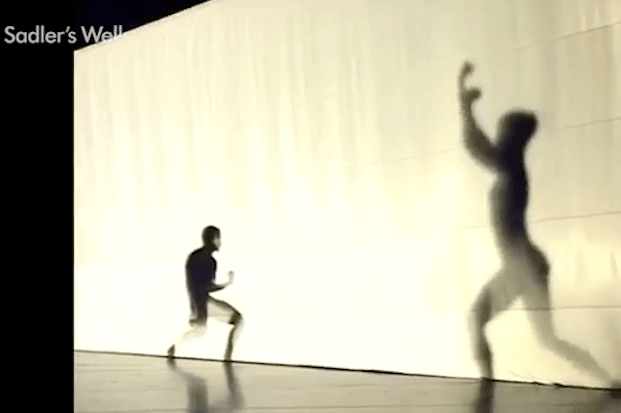Superstar Carlos Acosta makes little or no reference to Don Quixote’s established history in his programme note about the genesis of his new ballet. As a dancer hailing from Cuba, he is certainly familiar with the work’s performance tradition, but a greater historical awareness would probably have helped Acosta rethink his realistic approach to the 1869 work. However, history is frequently frowned upon in today’s culture. Don Q, as it is affectionately known, is regarded by dance highbrows as the compendium of all those theatrical and choreographic conventions that give ballet a bad name. Yet if the ballet has successfully stood the test of time, it is because of its camp aesthetics, its phoney exoticism, its naive, subtext-less narrative — freely adapted from Cervantes — and, not least, because of its breathtaking technical numbers.
Theatrical realism ill suits this context. Even the acrobatics we have all become accustomed to expect — especially after the visits of the Bolshoi ballet — are pared down. The overall effect is of a tame, pastel-toned Don Q that has the same relationship to the traditional version as the Seville oranges one finds in UK supermarkets have to the real Spanish ones. Do not get me wrong, there are some good ideas in this new production, but I cannot help feeling that these still need fine-tuning, together with more rehearsals and some careful editing. At least the sets, by Tim Hatley, are fun, even though the moving houses could have done with a more sun-scorching lighting effect to bring them fully to life.
The more sanguine and darker tones of Act II, however, mark perfectly the transition from the ‘real’ world to the dream-like sequence. The new staging comes with a new orchestration of the ballet score by Martin Yates, which, I will be honest, made me sorely miss Ludwig Minkus’s original catchy tunes. The dancing at the gala première was uneven and laden with those little incidents that are often synonymous with a hurried rounding-up process. It is also true that Acosta’s ‘realism’ makes group dances look chaotic at times and strips the action of that balletic mannerism that is so integral to the work. Consequently, the dancing and the miming look contrived and flat. Marianela Nuñez, as Kitri, was her usual dazzling self only in the final and famous duet, in which she looked joyously unbridled and free to dance in line with the traditional canons. Acosta did his best to play the lovable rogue, even though he now has some serious and, I hate to say, younger rivals in the contemporary ballet world. Among the others, I liked Laura Morera for breaking the generally restrained mould of the production and admired Elizabeth Harrod’s sparkling solo, a master-class in style. I know my views will upset a few, and that is why I am willing to revisit this staging later on in the season, when I hope things will be more ‘oiled’.
Indeed, the wow factor is not easy to find these days. But if it is splendid modern ballet dancing you want, do not miss the triple bill by Cedar Lake Contemporary Ballet. This small and artistically excellent company has plenty to wow you with in artistic and technical terms. I only wish the programme had been a tad more cutting-edge, for none of the three choreographic works — Indigo Rose by Kylián, Ten Duets on a Theme of Rescue by Crystal Pite and Necessity, Again by Jo Strømgren — was truly memorable. This company, too, is one I hope to see again very soon.






Comments